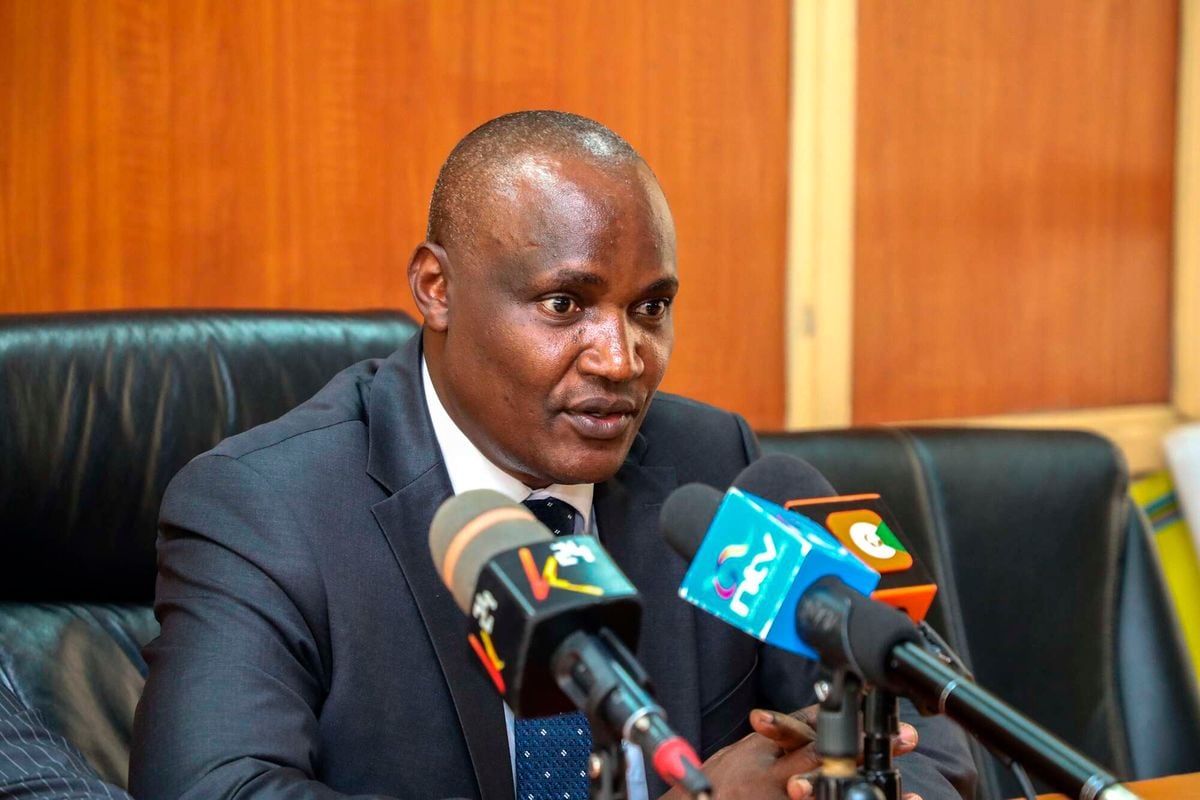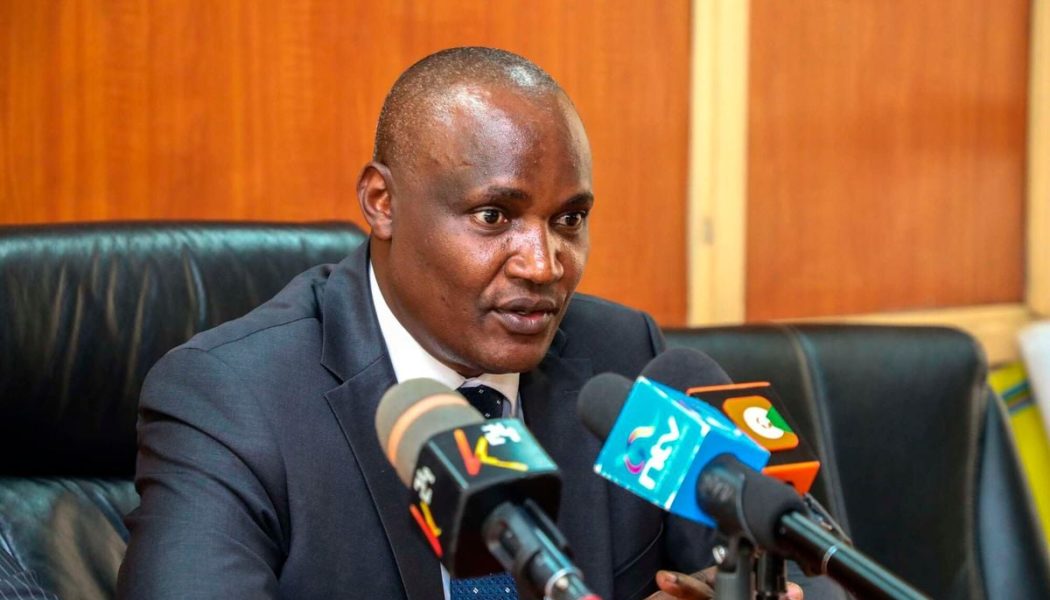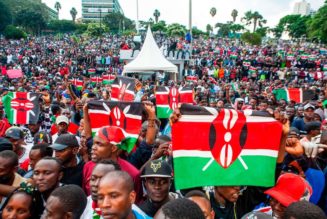
Mr John Ng’ongo Mbadi, the nominated Treasury Cabinet Secretary is a very forceful character who will not easily accept to be a namby- pamby figurehead in running of the affairs of the nerve centre of economic policy making.
A qualified accountant with post graduate training in business administration, the most important credentials he carries to this coveted portfolio is the fact that he has been in this space for a long time, having sat in almost all the key parliamentary committees dealing with economic and budgetary affairsin excess of a decade.
He has served long tenures at the Budget Appropriations Committee, the Public Investment Committee and the House Business Committee. He is the current chairman of the Public Accounts Committee – the most powerful and oldest and permanent oversight committee of Parliament.
Clearly, Mbadi is in very familiar territory. As he seeks to implant a personal imprint in the pace and direction of economic policy and decisions, it will be interesting to watch how he navigates his way through the interests and networks currently wielding effective power in the space of economic policy making.
It was the former British Chancellor of Exchequer, Norman Lamont, who popularised the phrase:’ in power but not in office’.
The reality and the dynamics in the space Mr Mbadi has just joined is that you can have a high rank but not be the one wielding power and clout over important decisions.
Those –like me- who closely follow goings-on and shenanigans in that grey edifice located on Harambee Avenue known as the National Treasury Building, will tell you that the open secret in the corridors of the building is that although out-going Treasury Cabinet Secretary Prof Njuguna Ndung’u was in office, he was not in power in terms effective influence over key decisions there.
Mbadi will also have to contend with having to play in the same space and to compete with members of the influential State House-based un-vetted grouping of individuals known as the Presidential Economic Council headed by the prominent public academic and economist, Dr David Ndii.
The truth of the matter is that the entry of this group in the economic and public financial management space since last year has created several jurisdictional disputes and functional overlaps.
This is how Dr Ndii explained the role of the State House based entity: as opposed to NESC under Kibaki, the council was an executive agency similar to what exists in the United States. “The Presidential Council of Economic Affairs alongside Office of Fiscal Affairs and Budget are part of the government’s goal to fully operationalise the presidential system”, said Ndii.
The truth is that we blindly and half-heartedly borrowed the America system without either re-defining roles of the National Treasury or checking how the advent of the un-vetted bureaucrats would sit with the dictates of the existing public financial management legislation.
What is my point? That in terms of the pace and direction of economic policy making, Mbadi’s entry into the fray is not likely to move the needle much. What is pertinent is how the inclusion of ODM party members in the Cabinet is likely to impact on our desire to take Kenya back to the era of effective Cabinet government operating on the principle of collective Cabinet responsibility- where ministers who disagree and oppose decisions made collectively by the Cabinet instantly resign.
The Cabinet had degenerated into an institution where decisions made elsewhere were only taken to the Cabinet for rubber stamping.
Ministers were so busy flying helicopters all over the place to take detailed interest on the whole range of policy decisions to make at a Cabinet level.
Although Cabinet memoranda and papers were frequently circulated, very few would devote time to research and weigh implications of the proposals contained in them.
We were at a point where it was becoming more and more difficult to hold ministers responsible for wrong decisions taken within their portfolios.
Which brings me to a comment about what we call in Kenya’s parlance as nusu mkate Cabinets.
When the Cabinet becomes too large and wildly as it did during Kibaki’s second term, fratricidal disputes become the order of the day. Important policy decisions are postponed or pushed to Cabinet committees.
My parting shot is the following. Cabinet ministers appointed only on the basis of political patronage tend to operate as if the only thing that matters is pleasing their godfathers.
They neither obey superiors nor respect hierarchy. The system breeds incompetence and a poor work ethic, Let’s see how the new Cabinet will perform.









